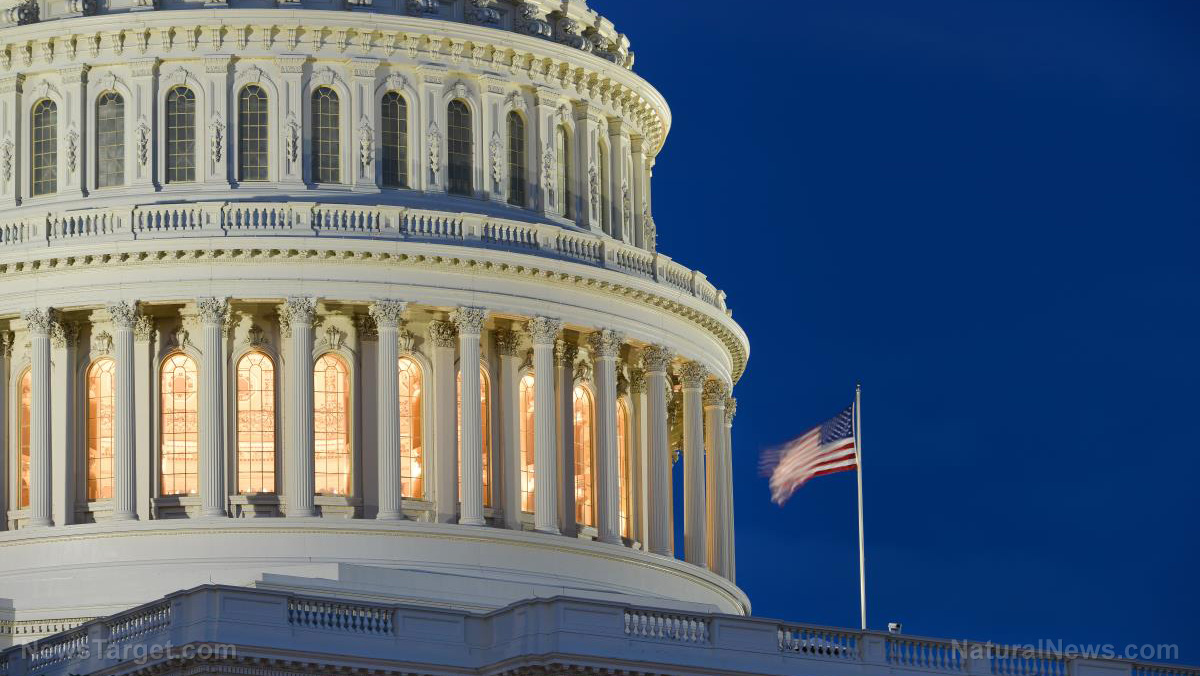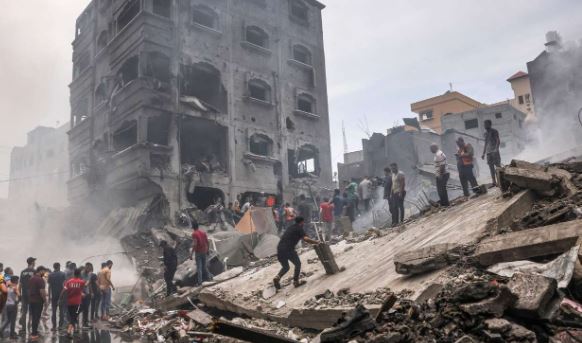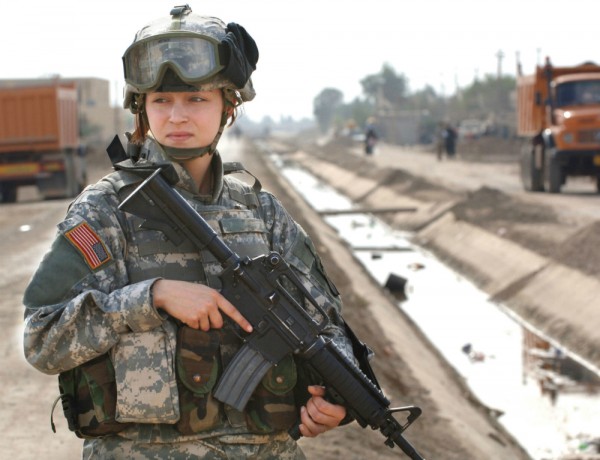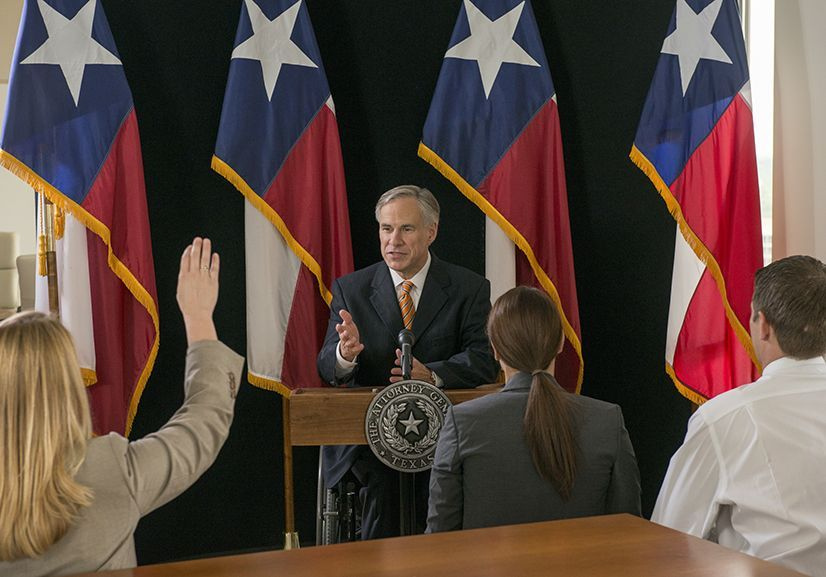 Parler
Parler Gab
Gab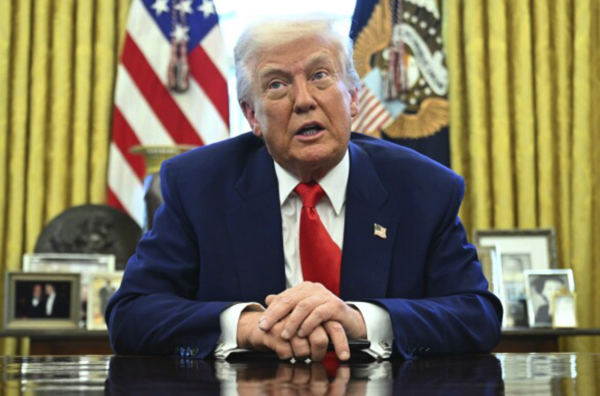
- President Donald Trump claimed that U.S. and Israeli airstrikes have significantly damaged Iran's nuclear facilities, rendering a diplomatic deal unnecessary. He stated Iran's nuclear program had been "blown up to kingdom come," despite conflicting assessments on the strikes' effectiveness.
- While Trump insisted Iran's nuclear ambitions were neutralized, intelligence leaks suggested the damage might only delay the program by months. Reports from CNN and unnamed U.S. sources indicated centrifuges survived, while Iran admitted "badly damaged" facilities.
- The International Atomic Energy Agency lost track of 409 kilograms of highly enriched uranium enough for multiple warheads, raising concerns about potential relocation before the strikes.
- The escalation follows the collapse of the 2015 nuclear deal (JCPOA). Iran expressed willingness to restart talks, but Trump dismissed formal negotiations, favoring enforced deterrence over diplomacy. Secretary of State Rubio signaled conditional engagement if Iran abandoned weaponization.
- Trump's claims conflict with verifiable evidence, leaving global observers questioning whether destruction has truly replaced diplomacy. Meanwhile, he suggested allowing Iran to sell oil to China for postwar reconstruction, undermining prior sanctions.
The truth about Iran's accelerated nuclear program
Questions persist over the true state of Iran's nuclear capabilities. While Tehran admitted its facilities were "badly damaged," unnamed U.S. sources cited by CNN claimed centrifuges remained intact. Defense Secretary Pete Hegseth confirmed the leaked damage assessment existed but stressed it was preliminary. (Related: Iranian media dismisses Trump's claims of nuclear facility destruction.) Meanwhile, the International Atomic Energy Agency (IAEA) revealed it lost track of 409 kilograms of Iran's highly enriched uranium days into the conflict. Reports from regional outlets suggested Iran had advance warning of the strikes, potentially allowing material to be relocated. The amount of uranium the IAEA had lost track of was enough for multiple warheads. The backdrop to this escalation traces to years of failed diplomacy, including the unraveling of the 2015 Joint Comprehensive Plan of Action (JCPOA) under Trump's tenure. While Iranian President Masoud Pezeshkian expressed willingness to revive talks, Trump's dismissiveness signaled a shift from negotiated constraints to enforced deterrence. Meanwhile, U.S. Secretary of State Marco Rubio hinted at conditional openness, stating the Washington would engage only if Tehran abandoned weaponization. As a fragile ceasefire holds between Israel and Iran, Trump framed the conflict as "exhausting" for both nations. The president also reiterated his openness to allowing Iranian oil sales to China, a move undermining prior sanctions. "They just had a war," Trump explained. "They are going to need money to put that country back into shape." The aftermath of the strikes leaves global observers weighing Trump's claims against verifiable evidence. With Iran's nuclear infrastructure at the center of a high-stakes intelligence dispute, the coming weeks will test whether destruction truly replaces diplomacy or if the crisis merely enters a new, uncertain chapter. Watch this Fox News report about why Iran's nuclear threat isn't fully eliminated just yet. This video is from the TrendingNews channel on Brighteon.com.More related stories:
U.S. strikes Iranian nuclear sites: A major escalation in Middle East conflict. Trump's "one-off" strike on Iran nuclear sites follows rare advance notification. Trump's Iran strikes backfire: Russia warns that Iran will likely be resupplied with nuclear warheads. Sources include: MiddleEastEye.net POLITICO.com Brighteon.comMore than 300 KILLED in 48 hours as Israel’s assault on Gaza Strip continues
By Ramon Tomey // Share
Trump lifts U.S. sanctions on Syria, citing push for “stability and peace”
By Laura Harris // Share
Denmark begins conscripting women into military service amid NATO war fears
By Cassie B. // Share
Texas BANS property purchases by enemy nations in sweeping national security move
By Zoey Sky // Share
Governments continue to obscure COVID-19 vaccine data amid rising concerns over excess deaths
By patricklewis // Share
Tech giant Microsoft backs EXTINCTION with its support of carbon capture programs
By ramontomeydw // Share
Germany to resume arms exports to Israel despite repeated ceasefire violations
By isabelle // Share

